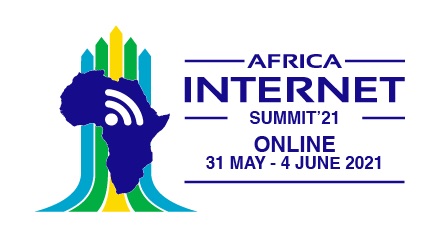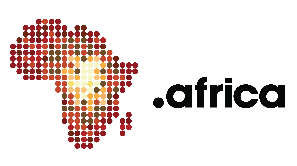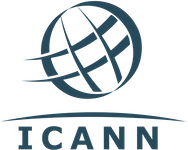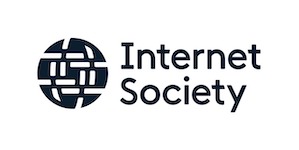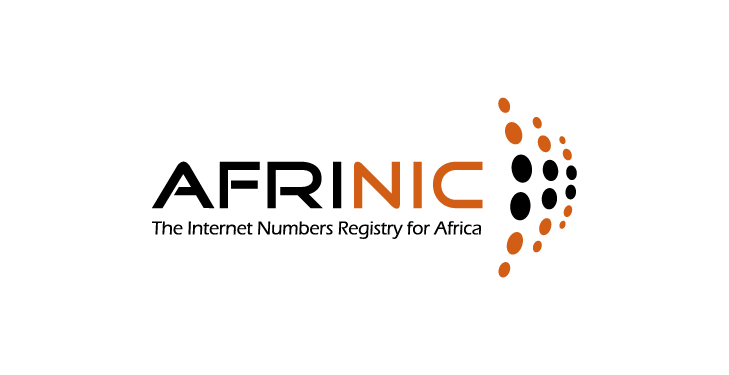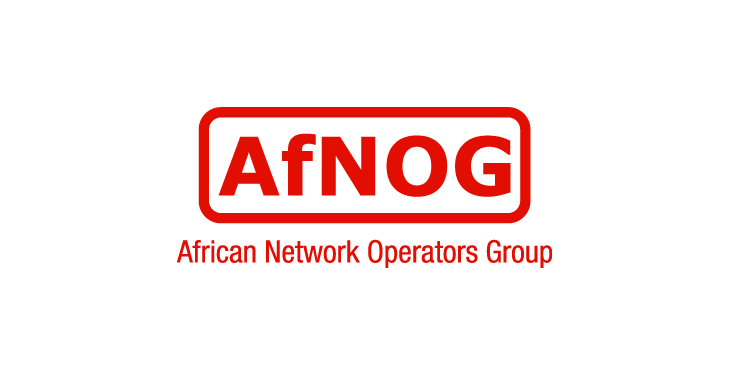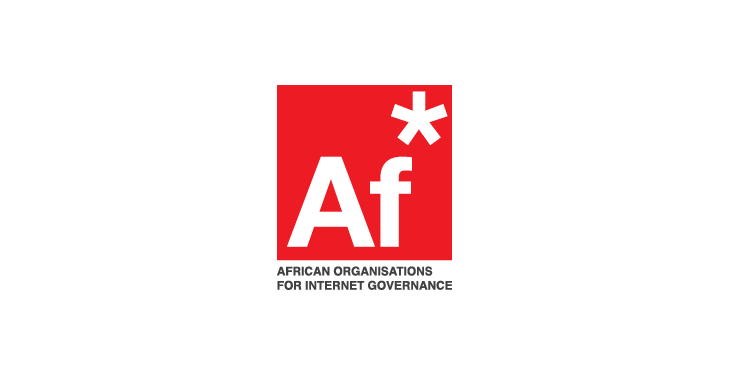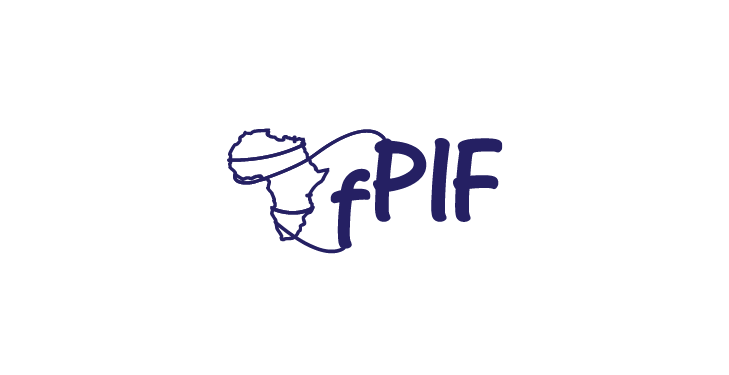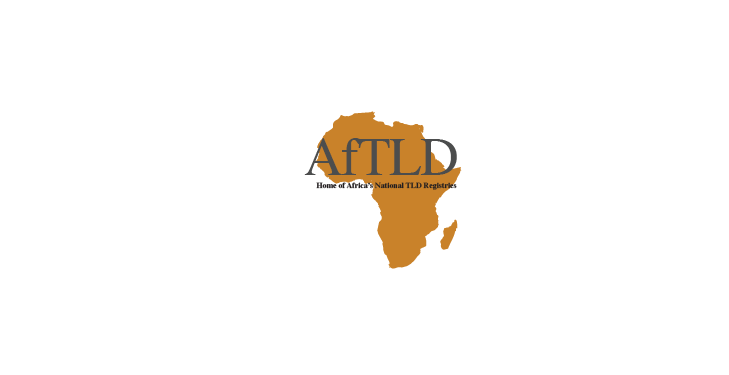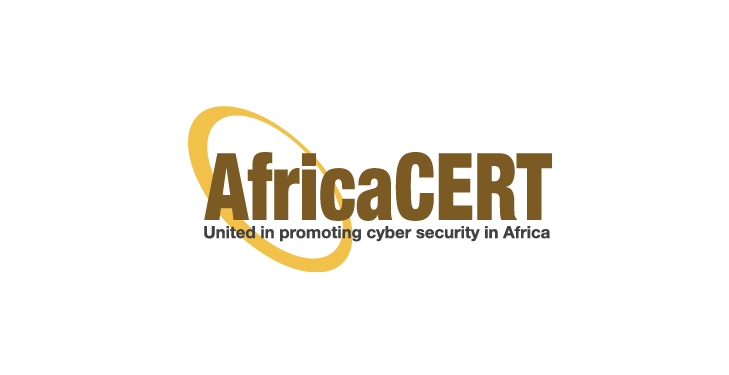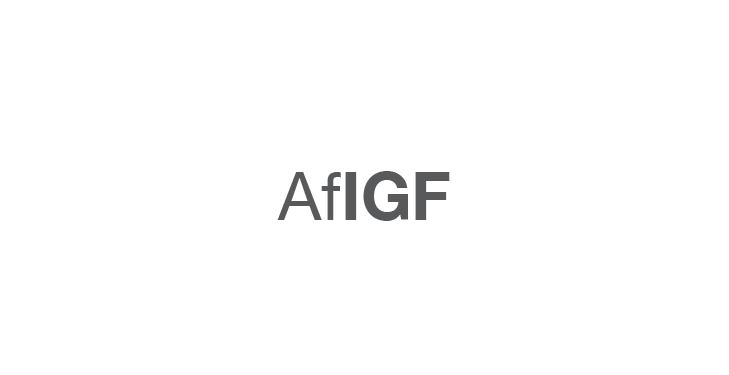DAILY RECAP
AIS'21 | 2 June - Day 3 - AFRINIC-33 Opening & PPM Day 1
Opening Ceremony AIS’21 and AFRINIC-33
Eddy Kayihura CEO of AFRINIC moderated the panel of the AIS'21 and AFRINIC-33 Opening Ceremony and introduced Dr Nii Quaynor, AfNOG Convenor.
Speech by Dr Nii Quaynor, AfNOG Convenor
Dr Quaynor welcomed the Internet community and highlighted that pre-conference events were successful with very high-level participation, indicating the confidence that Af* organisations and AFRINIC have in the world view. Dr Quaynor affirmed the journey to techno literate the African Internet community would continue relentlessly.
‘’Attempting to deviate the community from working towards a robust Internet and in other people’s interest will be strongly resisted.’’ exhorted Dr Quaynor.
Dr Quaynor called for stakeholders to engage more and expressed concern over those who are fomenting division and chaos in the community.
Dr Quaynor concluded his speech by asking the following question: ‘’We should ask ourselves how well we are all working in the interest of Africa, if we do not have a truly sincere answer, then the truth will win.’’
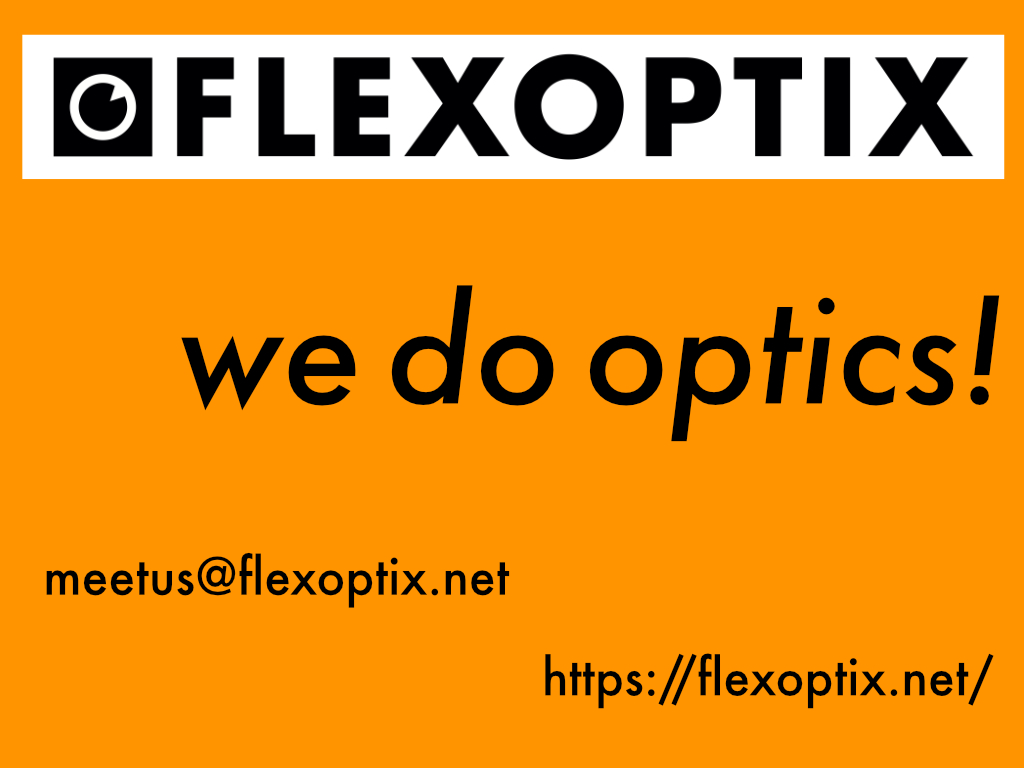
Speech by Mr Subramanian Moonesamy Chairman AFRINIC
The Chair of AFRINIC then delivered his message. Mr Moonesamy thanked ISPA-DRC for hosting the Africa Internet Summit. Mr Moonesamy highlighted the role of AFRINIC in developing the digital economy of the Democratic Republic of the Congo (DRC) by sharing statistics on the allocation of Internet number resources distributed by AFRINIC in DRC.
Mr Moonesamy stated that this number is expected to grow in the context of several initiatives undertaken by the government of the Democratic Republic of the Congo.
Mr Moonesamy thanked the AIS’21 sponsors: Dot Africa, ICANN, Flexoptics, Emtel Business, Internet Society (ISOC) and DNS Africa for their essential role in the event's success.
Eddy Kayihura invited His Excellency Augustin Kibassa, Minister of Posts, Telecommunications & ICT, to deliver his message from the Democratic Republic of the Congo (DRC).
Speech by His Excellency Augustin Kibassa, Minister of Posts, Telecommunications & ICT
His Excellency Augustin Kibassa, in his message, highlighted that the production and supply of digital services and related activities are developing rapidly in Africa in terms of the participation of public administrations, the private sector and civil society depending on the country. Each country has a role to play, despite the inequalities between urban and rural areas.
The Minister highlighted lack of IPv4 resources, lack of broadband infrastructure, slow development of national and regional Internet exchange points, high cost of services, lack of local content and low literacy rate as the challenges Africa faces today.
‘’All these realities are far from contributing to building the digital economy of our continent’’, stated the Minister.
His Excellency Augustin Kibassa addressed Digital development as possible when the country has adequate infrastructure and resources to make it accessible and affordable to all. The digital economy that we all want for the development of our continent requires, on the one hand, the prerequisites of Internet connectivity. On the other hand, digital penetration is measured in terms of the use of Information and Communication Technologies in health care, education, finance, trade, governance, and agriculture.
His Excellency Augustin Kibassa ended his speech by thanking the organisers of this event and invited delegates to participate in the Panel to answer their concerns actively.
The AFRINIC CEO thanked the Minister for his intervention.
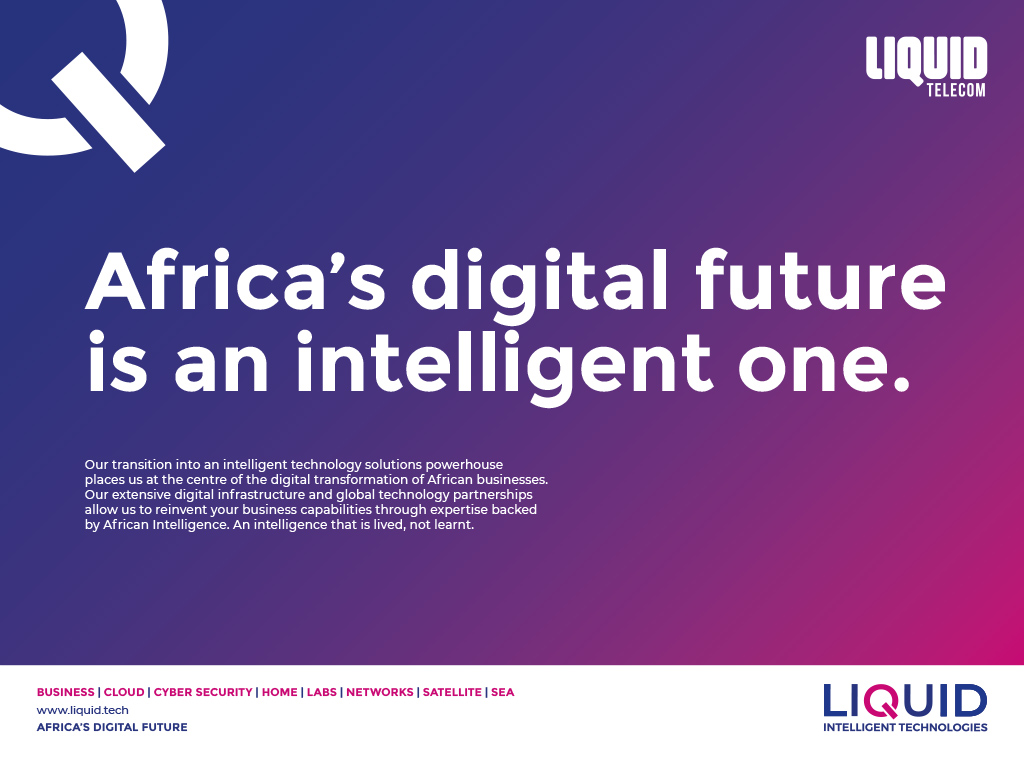
Panel on Building the Digital Economy in Africa
Mr Eddy Kayihura, then introduced the ‘Building the Digital Economy in Africa’ panel that included Mr Ben Roberts, Chief of Innovation and Technology at Liquid Intelligent Technologies and Mr Riyaz Bachani, CEO Angani ltd.
Mr Ben Roberts shared his thoughts and experience on building digital economies across Africa through his contribution to infrastructure development in several countries. Mr Ben Roberts highlighted from his organisational perspective there has been a lot of investment into infrastructure development and building networks across Africa. But the focus of Liquid Intelligent Technologies is also on applying technology on top of the infrastructure.
Mr Ben Roberts highlighted that Liquid Intelligent Technologies is currently involved in a project bringing infrastructure developments in DRC by building an extensive fibre optic route across DRC to make the country part of the African Internet ecosystem. Mr Ben Roberts also shared his experience working with the Digital Economy Task Force spearheaded by the Ministry of ICT in Kenya through a public-private partnership following the launch of a Digital Economy strategy blueprint for Kenya at Transform Africa in Kigali earlier. Mr Ben Roberts spoke on the various aspects of the strategy, including digitising government processes, infrastructure development, digital business, digital inclusion, digital skills, and values.
Mr Ben Roberts commended the rapid growth of the digital economy in Kenya and some of the activities of Liquid Intelligent Technologies to support educational services in the era of the pandemic.
The focus of Liquid Intelligent Technologies following its rebranding is more than just supporting infrastructure development but also other areas of development of the digital economy to enable whole nations to transform digitally.
Mr Ben Roberts also highlighted the importance of public-private partnership. He stressed the essential role of governments to facilitate collaborations and be the enabler towards legislations, connectivity, bridging gaps in digital skills, entrepreneurship and data protection.
Mr Riyaz Bachani spoke about building cloud infrastructure to enable more people to host their applications reliably. ‘’It is about building connections with people and homes.’’ Mr Bachani highlighted innovation as an essential aspect of the activities of Angani, which is involved in supporting a wide range of beneficial societal activities such as telemedicine.
Mr Riyaz Bachani also focused his intervention on technology as an enabler of social change to reach the most remote areas. ‘’Technology enables us to change lives as right now we do not have to be physically present in schools and universities. Now the challenge is how to get the fibre in the remotest areas.’’
Riyaz Bachani also spoke on the benefits of reduced costs for fibre and cloud to increase Internet adoption, highlighting that governments should also see the value of infrastructure development vis-vis other sectors and should have their priorities right.
Mr Bachani concluded by saying that there are still more people to get connected, a lot of work to be done, and we should consider the value of developing infrastructure to enable the digital economy.
In his intervention, Mr Laurent Ntumba from ISPA-DRC shared the ambition of the Democratic Republic of the Congo in the ICT sector through the many ongoing projects from partnerships between the public and private sectors. Mr Ntumba highlighted several initiatives at the Ministry of Digital Affairs of DRC that are going towards the development of the ICT sector.

Discussion on Policies Day 1
The policy discussions took off with a packed session and two policy proposals to discuss:
Proposal #1: Abuse Contact Policy Update
The proposal reached a rough consensus.
Proposal #2: General Abuse Contact
This proposal did not reach a consensus and was sent back to the rpd mailing list for further discussion.
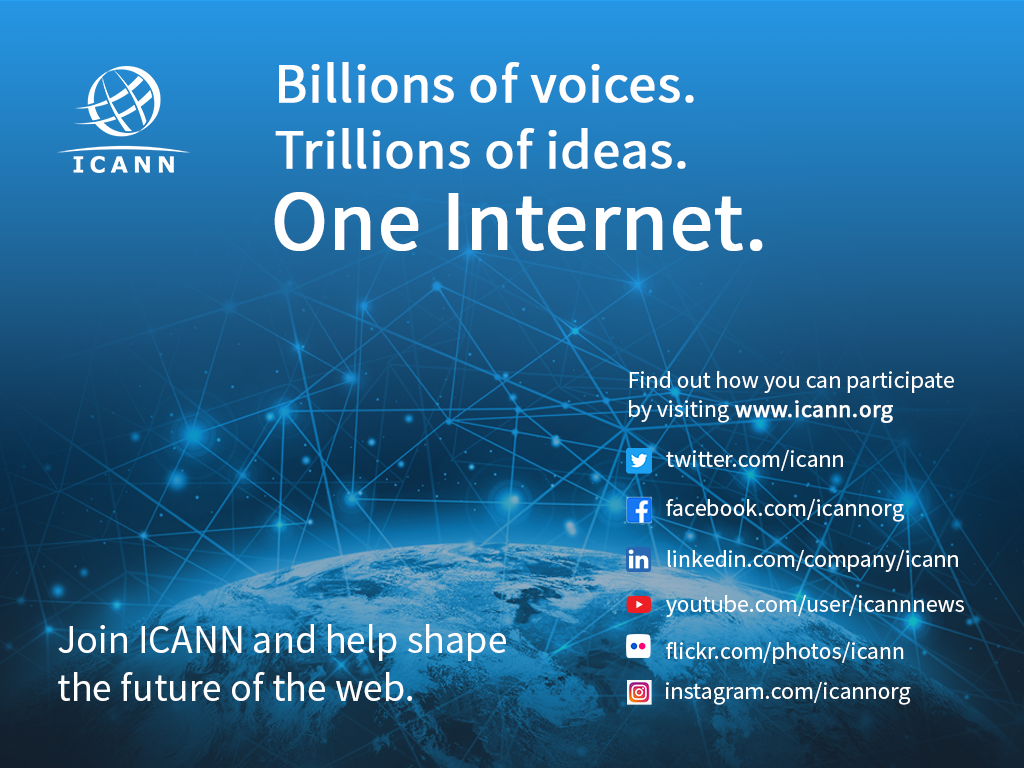
Sponsors
A big thank you to our AIS’21 Online Sponsors: Connectivity Sponsor - Emtel Mauritius, Translation & Captioning Sponsor - Flexoptix, Inclusivity and Diversity Sponsor -Dot Africa, other sponsors -ICANN, Internet Society (ISOC), Liquid Intelligent Technologies and DNS Africa.
You can meet the sponsors virtually on the spatial chat platform>>https://spatial.chat/s/africaninternetsummit2021
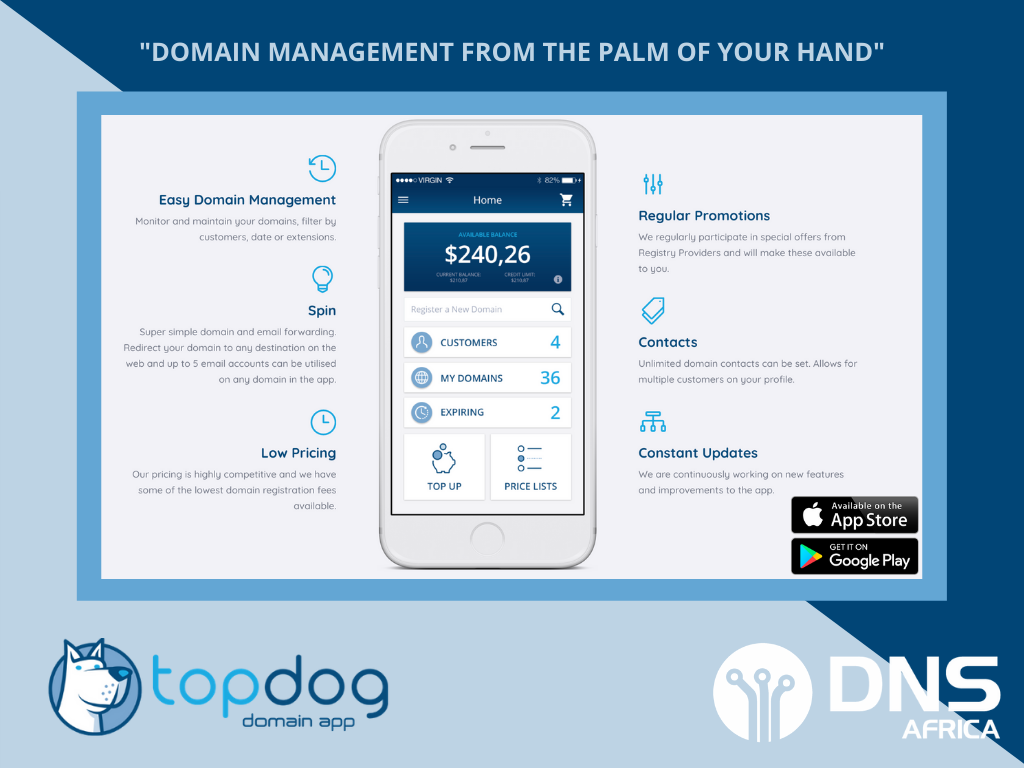
Slides and videos
All slides and videos are available in the agenda under their individual sessions.
https://2021.internetsummit.africa/programme/agenda
